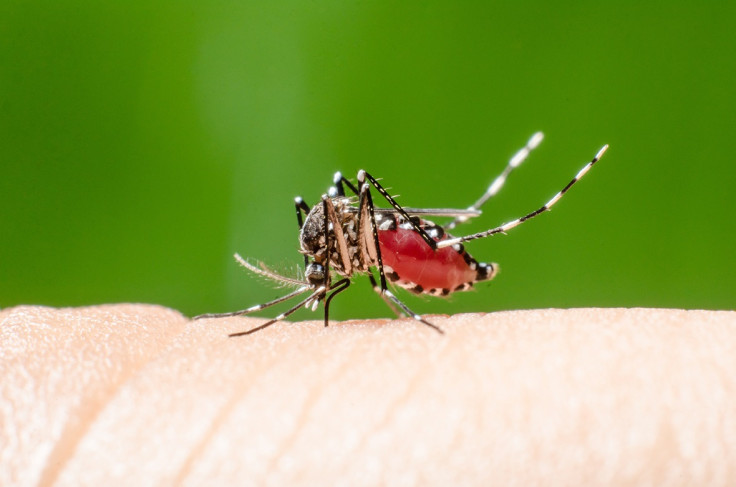Malaria: New treatment hopes as one drug halts spread in tests

Resistance to a crucial anti-malaria drug cannot be passed on through mosquitoes, meaning the treatment is more effective than previously thought, Australian scientists say.
Their research shows that the plasmodium parasite responsible for malaria develop genetic mutations to resist the drug. However, these mutations are a "genetic trap" for the parasite, leading to their death when they end up in the mosquito.
The drug in question, atovaquone, was first introduced in 2000. It was considered safe and effective, particularly for pregnant women, and was thus massively distributed. When concerns started emerging regarding resistance to the drug, its use was largely reduced.
"The mutation that protects parasites in early life eventually kills them. But use of the drug faded because no one realised this. No one really thought of the fact that resistance wouldn't spread, because the mutation actually led to the death of the parasite in the mosquito", lead author Prof Geoff McFadden told IBTimes UK.
Five mutations
Along with other lead researcher, Dr Dean Goodman, McFadden generated atovaquone-resistant parasites. They sequenced their genome, to identify genetic mutations. Specifically, they looked at the gene targeted by the drug. This gene is known as the cyt B gene, and is responsible for some respiratory functions in the parasite. Five mutations of cyt B were identified as allowing the parasite to become resistant to Atovaquone.
Using a strain of rodent malaria and a deadly strain of human malaria, the researchers showed that the resistant parasites bearing those mutations could not be transmitted by mosquitoes. Once they were in the mosquito, they died, thereby preventing the infection of humans.
"We now understand the particular genetic mutation that gave rise to drug resistance in some malaria parasite populations and how it eventually kills them in the mosquito, providing new targets for the development of drugs", McFadden says. "So the development of drug resistance may not be a major problem if the resistance cannot spread, meaning the drug atovaquone could be more widely used in malaria control."
Implications for malaria control
Since these experiments were carried out in a lab, the scientists now hope to test their results in Kenya or Zambia. Their work there could help promote new strategies of malaria control and protect the 3.2 billion people are at risk of contracting malaria worldwide, every year.
"The immediate result of this research is that we can start safely reusing atovaquone, giving it to a broad population. Patents are expiring, so cheap generics of atovaquone can now be produced, for the benefits of everyone at risk of getting malaria," McFadden points out.
The concept of "genetic trap" illustrated in the study could eventually be applied to produce other drugs, by identifying genes that create similar deadly mutations for the parasite, and then creating drugs targeting these genes.
© Copyright IBTimes 2025. All rights reserved.






















